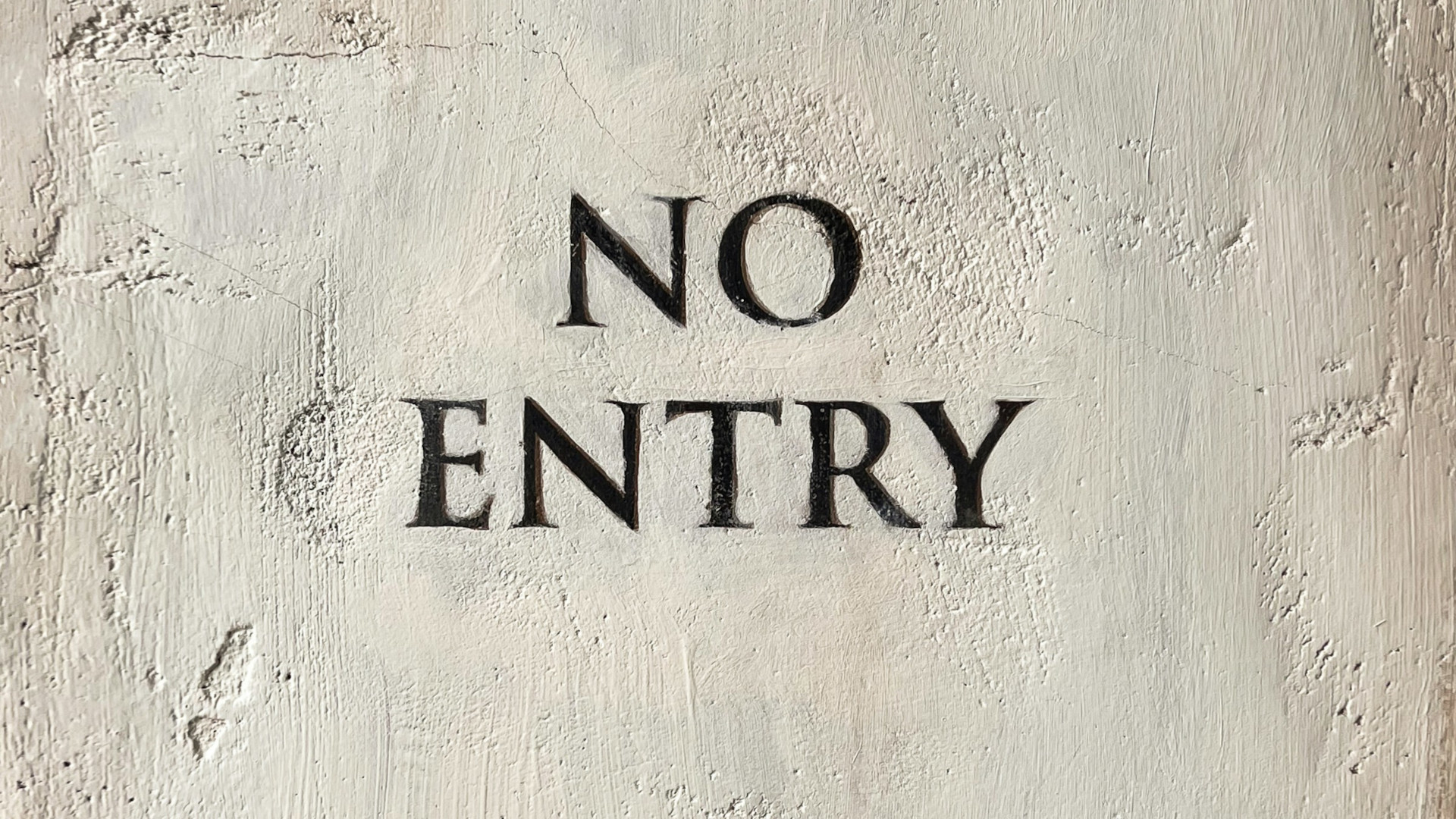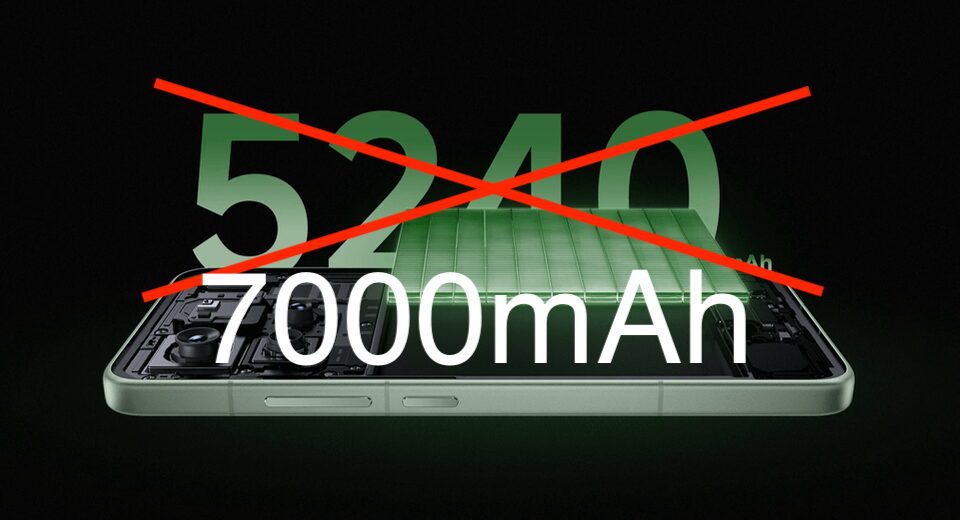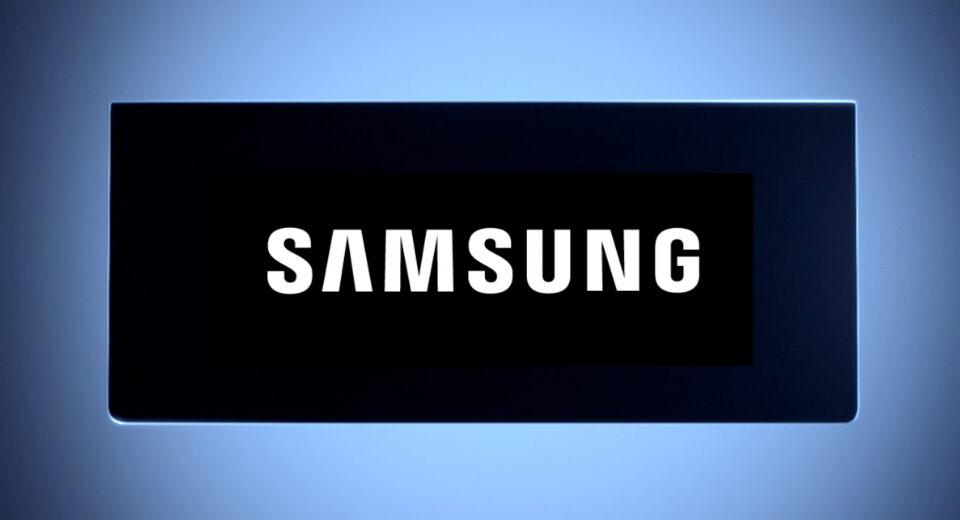Trump Asks Congress to Claw Back $9 Billion for Foreign Aid, NPR and PBS


The request seeks to codify spending cuts advanced by Elon Musk’s Department of Government Efficiency. The White House formally asked Congress on Tuesday to claw back more than $9 billion in federal funds that lawmakers had already approved for foreign aid and public broadcasting, seeking to codify spending cuts put forward by Elon Musk's Department of Government Efficiency. In a package compiled by the Office of Management and Budget, officials outlined 22 programs targeted by President Trump in executive orders and by DOGE. The bulk of the rollbacks — $8.3 billion — are aimed at foreign aid spending. The rest — $1.1 billion — would rescind funding for the Corporation for Public Broadcasting, which funds NPR and PBS. The proposal comes as the White House has aggressively challenged Congress’s power of the purse and made clear it is willing to steer around the legislative branch to unilaterally control federal spending. In this case, though, the administration is going through normal channels and asking Congress to go along with its efforts to redirect federal money. Lawmakers can approve such a measure by a simple majority vote in both chambers. Republican lawmakers have argued that it is important for Congress to codify spending cuts that were already enacted by the Trump administration by executive order. “This rescissions package reflects many of DOGE’s findings and is one of the many legislative tools Republicans are using to restore fiscal sanity,” Speaker Mike Johnson said on Tuesday. “Congress will continue working closely with the White House to codify these recommendations, and the House will bring the package to the floor as quickly as possible.” The last time the Trump administration asked lawmakers to pull back federal funds they had already approved, during Mr. Trump’s first term, the effort failed after two Republican senators joined Democrats to defeat what had been a largely symbolic effort. In an attempt to avoid another failed vote, White House officials worked to narrow the range of proposed cuts. But at least one powerful Republican, Senator Susan Collins of Maine, the chairwoman of the Appropriations Committee, said she could not accept at least one provision in the package: a $400 million cut to the President’s Emergency Plan for AIDS Relief, the global health program started by George W. Bush that is credited with saving more than 25 million lives worldwide. “It appears that it is cutting PEPFAR, and I will not support a cut to PEPFAR, which is a program that has saved literally millions of lives and has been extremely effective and well-run,” Ms. Collins said. Republican Senator Lisa Murkowski of Alaska said in an opinion column for The Daily News-Miner in Fairbanks, Alaska, last month that she supported government funding for public broadcasting, which she called “a key part of daily life.” With narrow majorities in both chambers, Republicans can afford to lose no more than three votes in either the House or Senate on legislation that is opposed by Democrats, if all members are present and cast a vote. The plan raised alarms at NPR and PBS, which also represent local stations that rely on government grants. Katherine Maher, the chief executive of NPR, said in a memo to employees Tuesday that the clawbacks would have “devastating impact” on local stations and “disproportionately harm audiences in rural communities.” She wrote, “If the funding already appropriated by Congress is rescinded, the effect will be immediate.” Paula Kerger, the chief executive of PBS, said the cuts would deprive Americans of “unique local programming and emergency services in times of crisis.” The package is one of several attempts underway by Republicans to weaken public media. Mr. Trump signed an executive order last month to cut off funding for NPR and PBS, an edict that was challenged in court. Legislation is also working its way through Congress that would eliminate the funding. Patricia Harrison, the chief executive of the Corporation for Public Broadcasting, said in a statement that funding from Congress was “irreplaceable.” “The path to better public media is achievable only if funding is maintained," she said.
What's Your Reaction?
 Like
0
Like
0
 Dislike
0
Dislike
0
 Love
0
Love
0
 Funny
0
Funny
0
 Angry
0
Angry
0
 Sad
0
Sad
0
 Wow
0
Wow
0









































